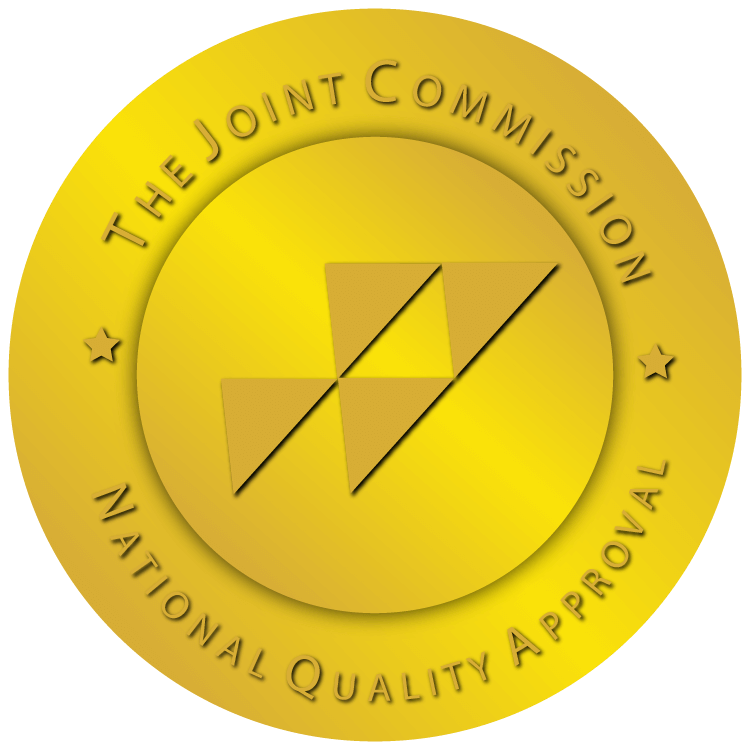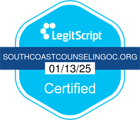Completing alcohol detoxification treatment is a monumental achievement for individuals overcoming alcohol use disorder (AUD). Yet, this milestone often brings questions: “What comes next?” Aftercare is a critical phase in recovery, providing essential support to sustain sobriety and navigate the journey ahead. While each detox center offers unique aftercare plans, most provide a range of services designed to support lasting recovery.

The Importance of Aftercare Following Alcohol Detoxification Treatment
Transitioning from detox to aftercare is vital for maintaining sobriety and preventing relapse. Aftercare programs focus on creating a stable and supportive environment that addresses not only substance use disorder (SUD) but also mental health needs and life skills. Structured aftercare provides tools for dealing with triggers, building coping skills, and fostering connections with others on a similar path. Studies consistently show that individuals who engage in aftercare experience better recovery outcomes than those who don’t seek ongoing support.
What to Expect in After Alcohol Detox Treatment
Most aftercare programs provided by detox centers or recovery facilities include several key components:
Individual and Group Therapy
Therapy remains an essential part of aftercare, helping individuals process the underlying causes of alcohol abuse and mental health issues. Group therapy sessions provide peer support, while individual therapy allows for a personalized approach to recovery. Cognitive Behavioral Therapy (CBT) and Dialectical Behavior Therapy (DBT) are commonly used to address behaviors and thought patterns linked to alcohol and substance abuse.
Click here for more information on our Virtual Outpatient Programs.
Medication-Assisted Treatment (MAT)
For those with severe substance use disorders, medication-assisted treatment (MAT) can be a part of aftercare. MAT combines FDA-approved medications with counseling, reducing cravings and lowering the risk of relapse. This approach has proven effective, especially for those who benefit from extra support managing physical and psychological withdrawal symptoms.
Life and Vocational Skills Training After Detoxification
Building a new life after detox involves relearning or enhancing life skills, including job readiness, financial planning, and communication skills. Many aftercare programs offer vocational training or job placement services to help clients regain stability and independence, setting the foundation for a self-sustained, sober lifestyle.
Post-Treatment Sober Living Arrangements
For some, a sober living home offers the perfect transitional environment after detox. These residences provide a structured setting with accountability and support, reinforcing habits and responsibilities that contribute to a sober lifestyle. Sober living environments are particularly helpful for those concerned about returning to high-risk environments.
Developing a Relapse Prevention Plan
A relapse prevention plan is a personalized tool that helps individuals identify their triggers and develop strategies for maintaining sobriety. Most aftercare programs will help create a plan that includes regular check-ins, emergency contacts, and coping mechanisms. Some common strategies include mindfulness techniques, exercise, and building a reliable support network.
Building a Support Network Beyond Detoxification Treatment
Connecting with others is essential for ongoing recovery. Support groups like Alcoholics Anonymous (AA), SMART Recovery, and Celebrate Recovery offer community-based support that helps individuals stay accountable. Many detox centers will help patients find local meetings or online groups to integrate social support into their recovery journey.
What Questions to Ask When Choosing an Aftercare Treatment Program
Understanding the components of aftercare will help you ask the right questions to choose the best program. Some questions to consider:
- Does the program offer both individual and group therapy?
- Are there options for MAT, if needed?
- Is sober living available as a transition option?
- Will there be support for life and vocational skills?
- How does the program handle relapse prevention planning?
Choosing the right aftercare can bring clarity and confidence in managing long-term recovery. While it’s natural to feel uncertain, this phase is designed to help you rebuild and live sober, one step at a time.
Conclusion:
After completing alcohol detoxification treatment, aftercare serves as the bridge to lasting recovery. Each of the aftercare elements—therapy, MAT, skill-building, sober living, and support networks—contributes to a holistic and sustainable path forward. If you’re navigating this phase of recovery, remember that you don’t have to do it alone; there are resources and communities ready to support your journey to wellness.













